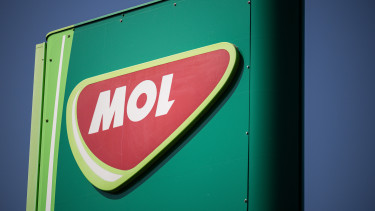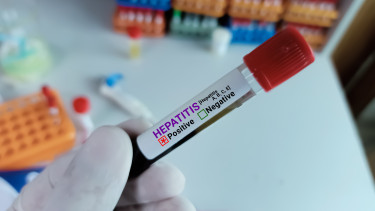Commission says Hungary blaming the sanctions for fuel shortages makes no sense

In response to a rapidly worsening fuel shortage the Hungarian government made a snap decision late on Tuesday to scrap the fuel price freeze, and - in line with the official rhetoric - blamed the move on the sanctions the European Union imposed on Russia for the invasion of Ukraine.
Even the government decree that put an end to the price cap, which has been in place 'provisionally' since 15 November 2021, was titled 'On certain provisions relating to the price of fuel due to the entry into force of EU sanctions'. The key argument was the import ban on Russian crude oil that was agreed by all member states (yes, Hungary too) in early June entered into effect on 5 December. Fuel supply disruptions miraculously started to ease the very next day, while Mol set its gross retail prices higher in a surprise move, and the government reset the excise tax, annulling a 25-forint cut implemented in two steps earlier this year.
Read Portfolio's analysis of the background of the fuel price cap abolishment here:

Asked by Euronews, Eric Mamer, head of the European Commission's spokesperson service, called the Hungarian government's arguments pointless twice, adding that the cabinet is making a scapegoat out of the EU.
Spokesman Daniel Ferrie also called the accusations nonsensical.
He said the oil price cap introduced by the G7 countries has no impact on the Hungarian market, as it only affects maritime transport. Ferrie added that Hungary can continue to import crude oil from Russia by pipeline, as it has been exempted from this in the sanctions mechanism.
Sanctions on processed Russian oil products have not yet entered into force, so Hungary can import processed oil products from Slovakia.
EU sanctions in no way affect supply to Hungary. Hungary can continue to import refined oil from Slovakia, for example,
said Ferrie.
When asked if this meant that energy group Mol would be free to import processed Russian petroleum products from its own refinery in Bratislava until the 5 February deadline. Daniel Ferrie replied in the affirmative.
In other words, there are currently no restrictions on supplies to Hungary, the Commission's replies confirmed.
Cover photo: Getty Images










